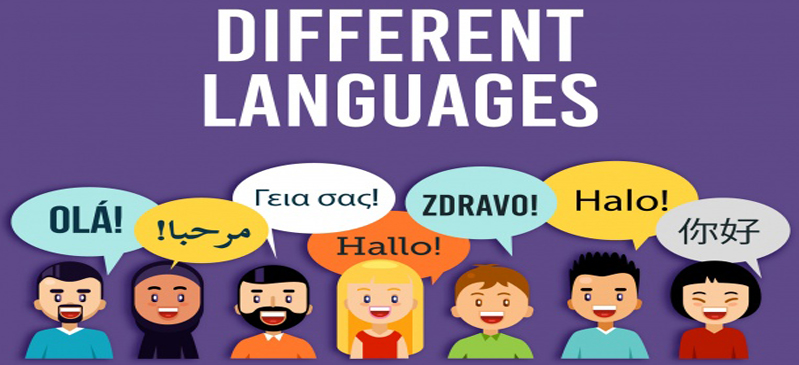
Whether for highly sensitive intelligence-gathering purposes, business engagements, diplomacy, litigations or immigration hearings, many government agencies frequently request for high-quality translation and interpretation services. Some departments insist on working with translation companies able to provide skilled linguists who can meet the high-security clearance threshold.
However, the qualifying mark for providing translation is the trusted expertise a company demonstrates in its competences for translating in a multilingual environment. Among the languages commonly lined-up for translation by federal agencies, the following top the list.
ASL (American Sign Language)
The federal government has a legal obligation to exercise affirmative action in hiring and promoting employees hard of hearing or completely deaf. Such employees are also guaranteed equal access and opportunity to training.
To accommodate persons with hearing disabilities in all aspects of socio-economic activities; and to avoid disregarding the regulations protecting the rights of the deaf, all government agencies always use the services of ASL translators. The translators help to:
- Facilitate all aspects of effective communication
- Enable the employees to carry out all essential job functions
- Allow the deaf to enjoy the same employment privileges and benefits others do.
Special occasions requiring ASL translations are job applications and interviews, training, communications related to discipline, work routine, work evaluations, and job benefits etc.
Spanish
Apart from its widespread use within the US, Spanish language is also widely spoken in many countries where it is the official language. Now, for purposes of expanding the business into new territories and conducting transactions with foreign governments, many governmental agencies need Spanish translators.
In matters of diplomacy where even simple words can be understood and interpreted in many ways, it is important for the translation to capture all the right linguistic and cultural nuances of Spanish.
Arabic
Arabic translation is vital as part of the government’s concerns for curbing growing international terrorism and forging stronger business and diplomatic ties with the Arab world. The US government encourages thorough scrutiny of documents written in Arabic.
In recent years this language has become a high-priority case for many federal agencies because of increased commerce, military affairs and intelligence dealings with regions where Arabic is the official language.
Kurdish
An understanding of Kurdish is integral to the US government’s policies in dealing with Iran, Iraq, and Turkey. Matters of intelligence, peace negotiations and immigration make it necessary to have the Kurdish language translated by several agencies.
It is an important language whose translation is crucial to the success of the US’s governments political strategies in the Middle East.
Pashto
Although this language may not be as important as other major languages in other parts of the world, too many federal agencies it matters a lot. The US government agencies treat it as a priority for political, business and intelligence gathering in Afghanistan, parts of India and Pakistan.
Generally, to serve and correctly represent the interest of non-native speakers in the US, all state and federal agencies employ translators. Local authorities, public healthcare systems, the police, etc., cannot function well in a multilingual setting if there are no translators and interpreters.
.
